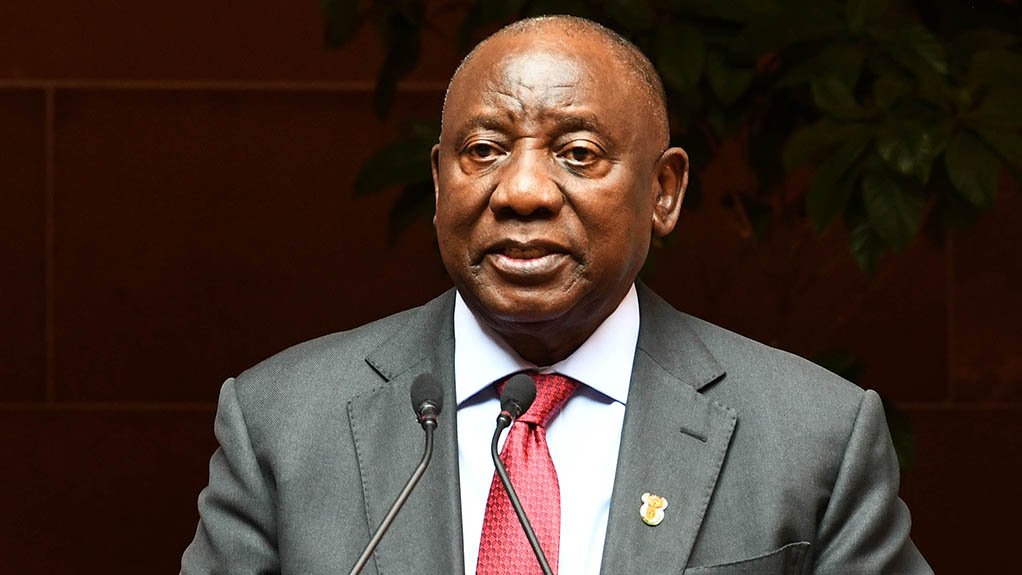Opposition parties have made it clear that they hold little regard for President Cyril Ramaphosa as he prepares to deliver his State of the Nation Address (SONA) on Thursday, 6 February 2025. The address, which will be presented to a joint sitting of Parliament, is expected to outline the government’s key policy objectives for the year, along with interventions to address South Africa’s challenges. However, political leaders from opposition parties are already voicing strong criticism, signaling a lack of optimism for any meaningful change.
Democratic Alliance (DA) leader, John Steenhuisen, has sharply dismissed Ramaphosa’s presidency, labeling it as a “comedy sitcom” and criticizing his administration for failing to deliver on promises. Steenhuisen highlighted the worsening unemployment crisis, which has skyrocketed from 36% to 43% since Ramaphosa took office in 2018, and pointed out a disturbing 20% increase in murders over the same period. He also referenced the ongoing power blackouts as a key failure under the president’s leadership, accusing Ramaphosa of being too weak and indecisive to tackle the systemic issues within his party.
Economic Freedom Fighters (EFF) leader Julius Malema similarly condemned Ramaphosa’s leadership, calling the country’s situation a “man-made crisis.” He pointed to the staggering unemployment rate, with 12 million South Africans actively seeking work, and criticized the government’s failure to address the issue. Malema also highlighted the South African Post Office’s decision to retrench over 6,000 workers, further exacerbating the unemployment crisis. He argued that relying on social grants to support nearly 20 million South Africans is not a sustainable solution to poverty.
Vuyo Zungula of the African Transformation Movement echoed the sentiment that Ramaphosa’s administration has failed to bring about meaningful change. Zungula criticized the president for the lack of progress following various investment summits and restructuring efforts, stating that consolidating ministries has not produced tangible results. He emphasized that the country’s critical challenges, particularly the energy crisis at Eskom, require practical solutions, not more bureaucratic red tape.
